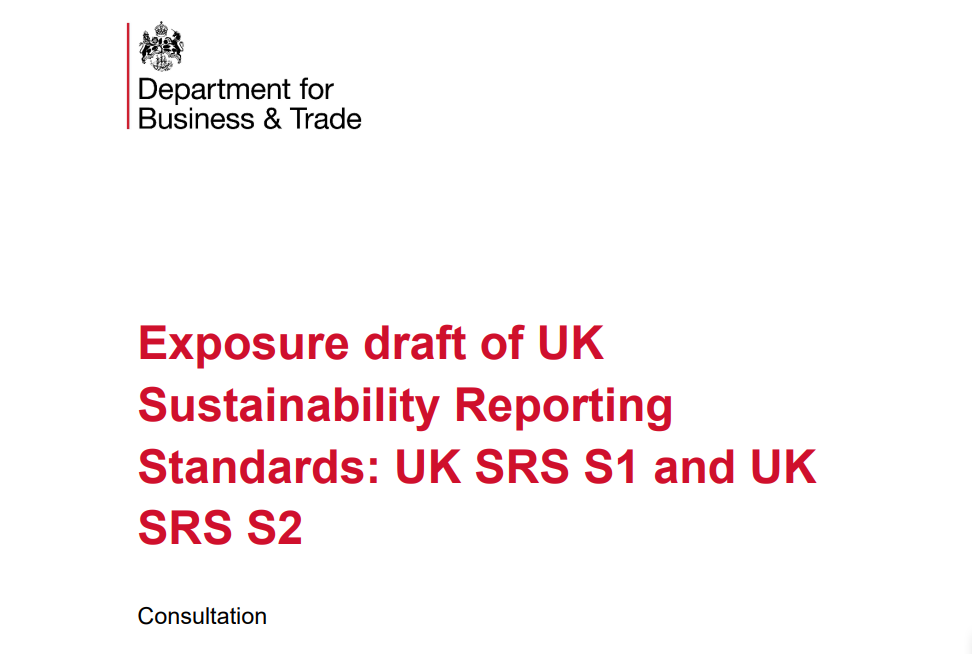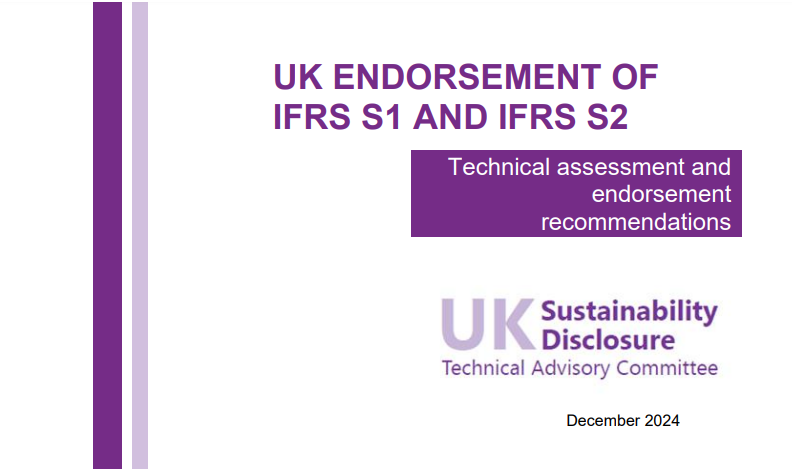FCA Review of Climate Reporting: Key Findings and Next Steps
The FCA has published findings on the progress and challenges firms face in meeting climate disclosure obligations. The review sheds light on how effectively reporting frameworks are being applied, where improvements are evident, and which aspects require further development in the context of evolving UK and international standards.

The Financial Conduct Authority (FCA) has released the results of its recent review examining how asset managers, life insurers and FCA-regulated pension providers are implementing climate-related disclosure requirements. These rules, introduced in 2021, require alignment with the recommendations of the Task Force on Climate-related Financial Disclosures (TCFD). Following the TCFD’s disbandment in 2023, its framework has been incorporated into the standards of the International Sustainability Standards Board (ISSB). Alongside this review, the FCA outlines how these rules may interact with the broader UK Sustainability Disclosure Requirements (SDR) and with the planned UK Sustainability Reporting Standards (UK SRS), which remain at the consultation stage.
Findings
The review considered 10 entity-level and 77 product-level TCFD reports from a selection of firms, supplemented by engagement with industry stakeholders. The FCA concluded that reporting has generally enhanced the recognition of climate change as a material financial risk. Many firms have strengthened internal capabilities, with climate considerations increasingly integrated into risk management and business strategy. Disclosures have also improved transparency for clients and consumers, providing greater visibility of how climate risks are managed within investment and insurance products.
Nevertheless, several difficulties were identified. Disclosures are often designed with institutional investors in mind and may therefore appear overly complex to retail clients. Reports at the product level are not always easy to locate, which has contributed to limited engagement among individual investors. Another persistent challenge relates to forward-looking data. While firms are broadly able to present historical metrics such as greenhouse gas emissions, many struggle to produce robust quantitative information on scenario analysis. Only about half of the reviewed product reports included outcomes under all three climate scenarios, reducing comparability across firms. Some participants also expressed concern that the regime is excessively detailed and overlapping with other sustainability reporting requirements, which creates inefficiencies. Finally, the FCA noted a widespread call for greater clarity on how the UK rules will be aligned with international standards and developing domestic frameworks.
FCA’s Response
In response to these findings, the FCA has indicated that it will explore ways of simplifying disclosure requirements in order to reduce unnecessary complexity, particularly for product-level reporting. It also emphasised the importance of ensuring that disclosures are genuinely useful to end-users, which requires clearer presentation and better accessibility. Another priority is maintaining consistency with international standards, most notably those developed by the ISSB, while considering how existing TCFD requirements could interact with the UK’s evolving SDR framework. The FCA has confirmed that detailed proposals on this alignment will be brought forward for consultation. Draft UK SRS standards (S1 and S2) are still under development and, once finalised, are expected to support further alignment with global approaches.
Broader Context and Timelines
The FCA rules have applied in phases since 2022, with larger firms in scope for periods beginning on 1 January 2022 and smaller entities from 1 January 2023. Firms in scope are required to publish both entity-level and product-level disclosures: at the entity level, a TCFD report covering governance, strategy, risk management and metrics; at the product level, disclosures on climate-related metrics, made available online and/or through client communications. The FCA also highlights links to transition planning, encouraging firms to take account of guidance from the Transition Plan Taskforce (TPT) and to integrate these elements into future disclosures.
Implications
The review highlights both progress and remaining challenges. On the one hand, firms have embedded climate risk considerations more firmly into governance and strategy. On the other hand, there is a need for further development in forward-looking analysis, in simplifying communication for retail audiences and in aligning different disclosure regimes. The FCA’s commitment to proportionality, simplification and international coherence points towards a regulatory framework that seeks to balance rigour with usability. With SDR and UK SRS still in development, firms will need to monitor consultations and prepare to ensure consistency across multiple regimes, while also providing clarity and accessibility to different investor groups.
Conclusion
The FCA’s climate disclosure rules have already delivered measurable benefits in terms of transparency and risk integration. However, the regulator acknowledges that the framework must evolve to remain effective and practical. The forthcoming reforms, together with the SDR and the proposed UK SRS, are likely to determine how efficiently firms can comply, how well retail investors can engage with disclosures and how consistently UK standards will align with the international sustainability reporting landscape.



